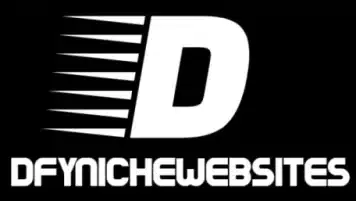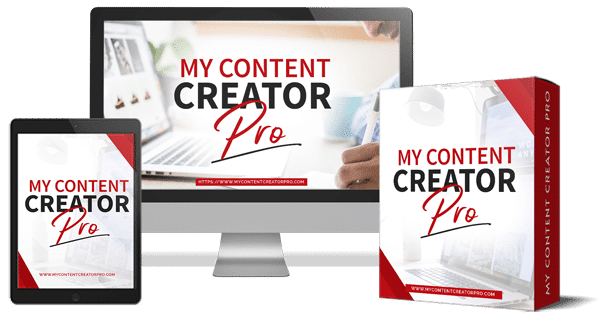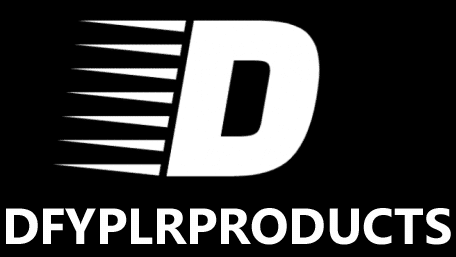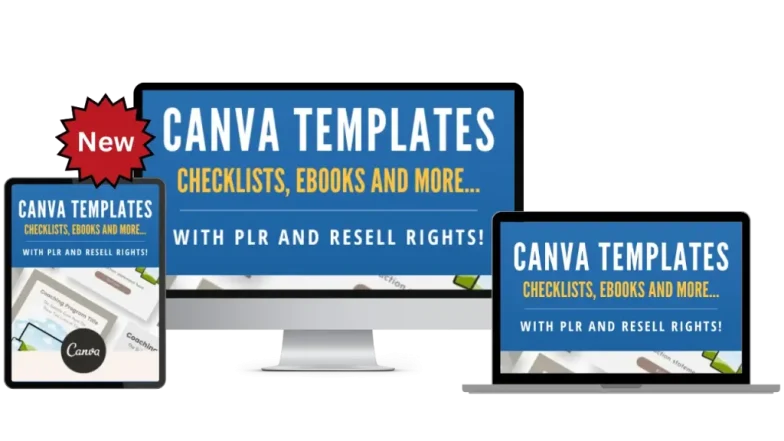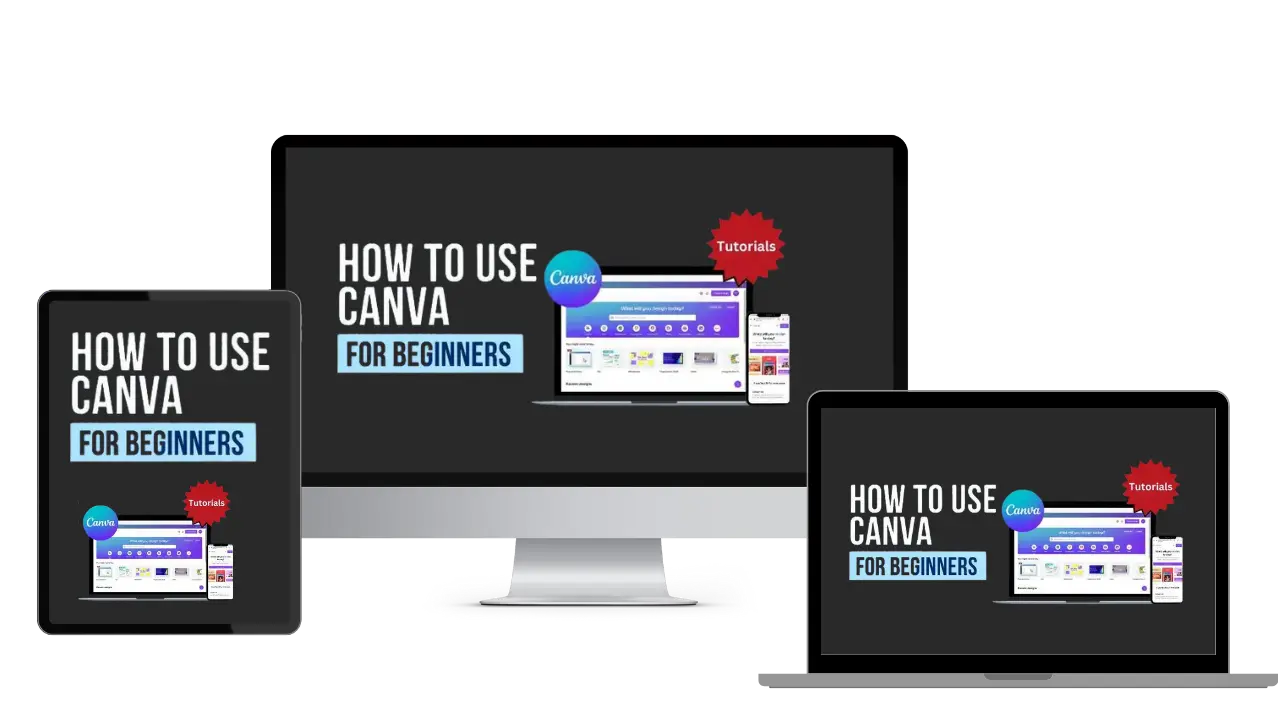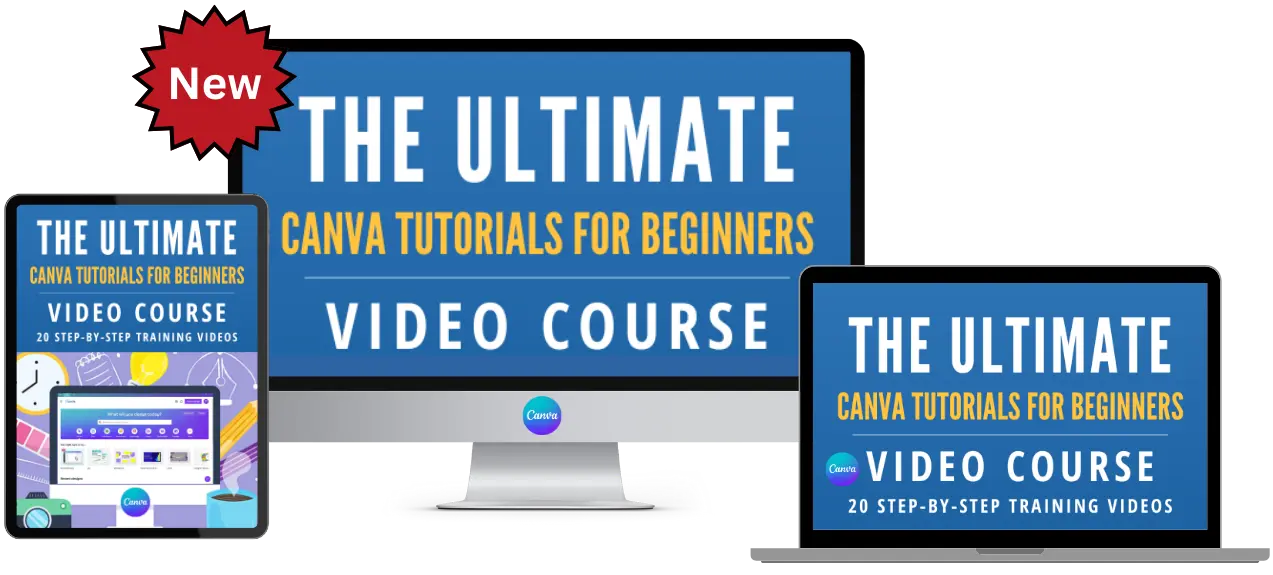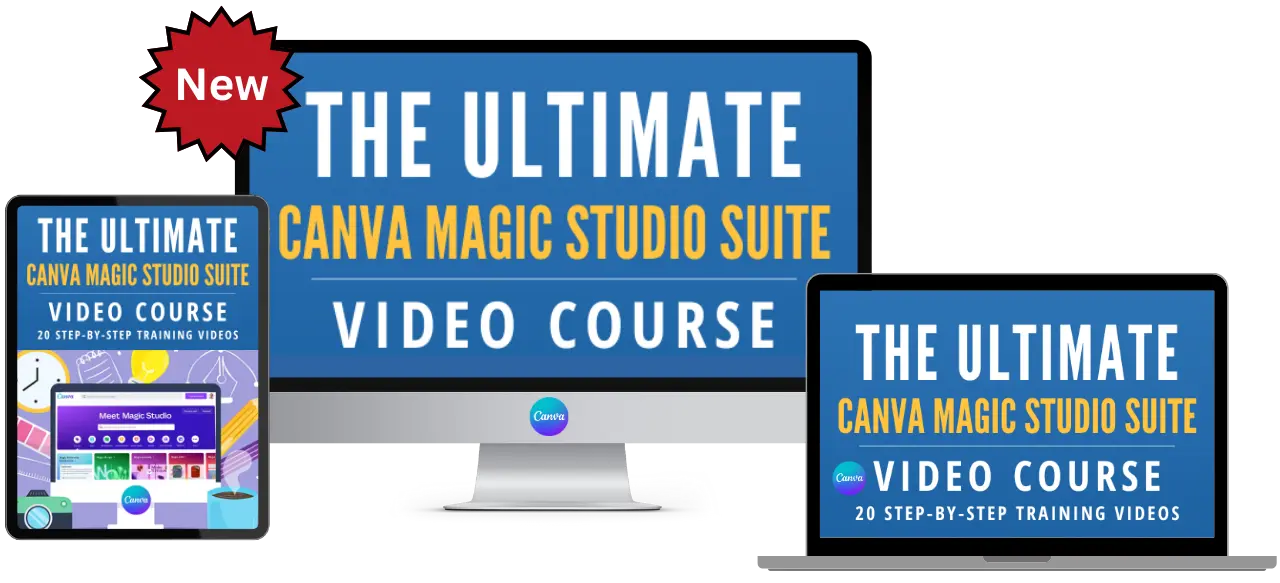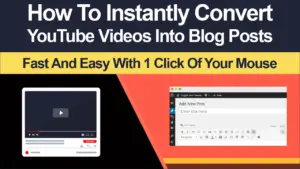
Canva Docs Limits and Embeds Tutorial for Beginners
Canva Tutorial
Watch The Canva Docs Limits and Embeds Tutorial for Beginners Video Below

Canva Docs Limits and Embeds Tutorial

Learn About Canva Docs Limits and Embeds

Easy To Follow Canva video Tutorial For Beginners
Here Are Some Of Our Services
Canva Docs Limits and Embeds Tutorial for Beginners
PLR Canva Templates!
Start Creating Stunning Designs with Customizable Templates!
Get Instant Access to These Ready-to-Use PLR Canva Templates Today!
Content Creation Services
Unlock Canva Cash: The Ultimate Guide to Making Money with Canva Templates!
Please Watch The
Video Below
Plus Get 4 Free Canva Mockup Templates & Start Earning Now!
Frequently Asked Questions
Welcome to our comprehensive FAQ Guide on Canva Docs Limits and Embeds!
Tailored for beginners and those new to Canva, this guide is your essential resource for understanding the nuances of embedding various media types and navigating the limits within Canva Docs. From embedding engaging videos and interactive maps to optimizing document performance and exploring creative ways to use embeds in your projects, our FAQs are packed with detailed explanations, beginner-friendly tips, and real-life examples.
Dive into these FAQs to discover how to effectively enhance your Canva documents with multimedia embeds and learn the best practices to ensure your documents remain both visually impressive and functionally smooth.
Understanding File Size Limits: In Canva Docs, like many online platforms, there are limits to the file sizes you can upload and use. These limits ensure smooth operation and quick loading times.
Navigating Size Restrictions: The exact file size limits can vary, but generally, keeping your documents and the embedded elements like images or videos within a few megabytes ensures better performance. If you have larger files, consider compressing them before uploading.
Real-Life Example: If you’re creating a Canva Doc report and want to include high-resolution images, check the file sizes. If an image is too large, use a tool to compress it without significantly compromising quality before adding it to your document.
Embedding Process: Canva Docs allows you to embed content from various sources like YouTube videos or Google Maps. This feature enhances the interactivity of your documents.
Steps for Embedding: To embed, simply copy the link of the content you wish to embed, then use the embed option in Canva Docs to paste your link. Canva will automatically generate an interactive embed within your document.
Real-Life Example: For a travel itinerary in Canva Docs, embed a Google Map of the destination. Just copy the map’s link from Google Maps and paste it into your Canva Doc, providing an interactive map for viewers.
Variety of Embeddable Content: Canva Docs supports embedding a range of content, including videos, maps, social media posts, and more.
Utilizing Different Embeds: Think about the purpose of your document to decide what to embed. Videos are great for tutorials, maps for itineraries, and social posts for showcasing real-time feedback or examples.
Real-Life Example: In a company’s quarterly report, embed a YouTube video of the CEO’s address. This brings a dynamic element to the report, making it more engaging for stakeholders.
Page Count Limits: Canva Docs may have a maximum page limit to ensure optimal performance and usability. This limit is typically generous enough for most standard document needs.
Managing Large Documents: For very long documents, consider breaking them into multiple Canva Docs or summarizing content.
Real-Life Example: If you’re creating an extensive training manual that exceeds the page limit, you could split it into separate Canva Docs for each module or chapter, ensuring easy navigation and better performance.
Embedding Social Media Posts: Canva Docs allows embedding posts from platforms like Twitter or Instagram directly into your documents. This feature is great for including real-time feedback or showcasing social media campaigns.
Embedding Process: To embed a social post, copy the post’s URL and use the embed feature in Canva Docs to paste the link. The post will appear as an interactive element in your document.
Real-Life Example: In a marketing strategy document, embed a successful tweet from your company’s Twitter account. Copy the tweet’s link and embed it in your Canva Doc to highlight social media engagement.
Video Size and Length Limits: Canva Docs may impose limits on the size and duration of videos you can embed. These limits help maintain the document’s performance and loading speed.
Optimizing Videos for Embedding: If your video exceeds these limits, consider compressing it or trimming its length. Short, impactful videos are often more effective in documents.
Real-Life Example: Embedding a customer testimonial video in a sales pitch document can be powerful. If the original video is too long, edit it to a concise clip that captures the key message.
Optimizing Images: When embedding images in Canva Docs, it’s important to optimize them for size and resolution. Large images can slow down your document.
Image Compression: Use online tools to compress images without losing too much quality. Aim for a balance between image clarity and file size.
Real-Life Example: If you’re creating a product catalog in Canva Docs, before embedding high-resolution product images, compress them to ensure the catalog remains responsive and easy to navigate.
Embedding HTML Code: Canva Docs allows for the embedding of certain types of HTML content, like iframes from YouTube or Google Maps. However, not all HTML code may be supported due to security and compatibility reasons.
Limitations and Best Practices: Always test your HTML embeds in Canva Docs to ensure they work as intended. Use embeds sparingly to maintain document readability and performance.
Real-Life Example: Embed a YouTube tutorial video in an educational document. Copy the iframe code from YouTube and paste it into the Canva Doc where you want the video to appear.
External Links: Canva Docs allows you to embed external links, which is useful for directing readers to additional resources, your website, or other relevant pages.
Using Links Effectively: Ensure that the links are relevant and add value to your document. Too many links can be distracting.
Real-Life Example: In a business proposal, embed a link to your company website or a case study relevant to the proposal. This provides easy access to more detailed information.
Responsive Video Embedding: When embedding videos in Canva Docs, it’s important to ensure they are responsive and display correctly across different devices.
Testing Across Devices: After embedding a video, preview your document on various devices to check for responsiveness. Adjust the size and placement as needed to ensure a consistent viewing experience.
Real-Life Example: If you’re embedding a promotional video in a company report, after adding it, preview the document on a mobile device as well as a desktop to ensure the video adjusts properly and doesn’t obstruct text or other elements.
Interactivity of Embedded Content: Most embedded content in Canva Docs, like videos or social media posts, is interactive. Viewers can play videos or interact with social media embeds directly in the document.
Making Content Engaging: Utilize these interactive features to make your documents more engaging and informative.
Real-Life Example: In an instructional document, embedding an interactive how-to video allows readers to view the tutorial without leaving the document, providing a more integrated and seamless learning experience.
Professionalism in Embeds: When embedding content in professional documents, ensure the embeds are relevant, enhance the content, and maintain the document’s professional tone.
Balancing Content and Design: Embeds should complement, not overwhelm, your document. Keep the layout clean and avoid cluttering with too many embeds.
Real-Life Example: In a business presentation, embed a short, professional testimonial video. Make sure it aligns with your presentation’s theme and doesn’t distract from the main content.
Embeds in Educational Documents: Embedding interactive content like educational videos or illustrative graphics can significantly enhance the learning experience in educational documents created in Canva Docs.
Choosing Relevant Embeds: Select content that directly supports or explains the educational material. Embeds should be used as tools to aid understanding.
Real-Life Example: In a digital textbook chapter about ecosystems, embed an educational video from a reliable source that illustrates different types of ecosystems. This can help students visually understand concepts that are described in the text.
Unsupported File Types: While Canva Docs supports a variety of embeds, there might be limitations on certain file types or content from specific platforms due to compatibility or security reasons.
Checking Compatibility: Before attempting to embed, check Canva’s supported file types and embedding guidelines. If a specific type isn’t supported, consider alternative formats or ways to present the information.
Real-Life Example: If you find that a particular interactive widget or custom code doesn’t embed properly in your marketing plan document, consider using a static image or screenshot of the widget with a hyperlink to the live version.
Embedding Google Maps: Embedding Google Maps in Canva Docs can be particularly useful for documents that require geographical context, such as travel itineraries or event invitations.
Steps for Embedding Maps: Go to Google Maps, find the location you want to embed, click on the ‘Share’ button, and then ‘Embed a map’. Copy the iframe code and paste it into your Canva Doc.
Real-Life Example: For a travel itinerary document, embed a map of the trip route or destinations. This provides a visual and interactive way for the reader to follow the journey.
Audio Embedding Capabilities: Currently, Canva Docs primarily supports visual content and may not support direct embedding of audio files. However, you can embed videos that contain the necessary audio.
Alternative Ways to Include Audio: If audio is a crucial element, consider embedding a video with the audio component or providing a link to an audio file hosted externally.
Real-Life Example: For an online music lesson, if you can’t embed an audio file directly, embed a YouTube video of the music piece or provide a link to a sound clip hosted on platforms like SoundCloud.
Optimizing for Performance: Large embeds can slow down your Canva Doc. To maintain optimal performance, use embeds judiciously and optimize their size.
Testing and Adjusting: Regularly preview your document to check the loading speed. If it’s slow, consider reducing the number or size of embeds.
Real-Life Example: In a product showcase document with multiple embedded videos, if you notice lag, try reducing the video resolution or embedding links to the videos instead of the videos themselves.
Innovative Embedding in Marketing: Embeds can make marketing documents like brochures or product guides more interactive and engaging.
Using Multimedia Embeds: Embed short promotional videos, 360-degree product views, or interactive infographics to engage potential customers.
Real-Life Example: In a digital marketing brochure, embed a short, autoplaying promotional video at the beginning to grab the viewer’s attention and provide an immersive introduction to your brand or product.
ChatGPT Prompts
ChatGPT Training
What We Offer
CHATGPT PRODUCTS
How To Use Canva For Beginners
Master Canva Quickly: Essential Tutorials for Beginners!
Start Creating Stunning Designs with Easy Canva Video Guides!
Step-by-Step Tutorials: From Basics to Brilliant Canva Creations!
Canva Training
What We Offer
CANVA PRODUCTS
Recent Posts
Customers Reviews
DFY Niche Websites Testimonial

Best WordPress Content Creation Plugin!
Over 4,000 Website Using This Powerful WordPress Plugin.
WP Learning 101 Testimonial


